Cases
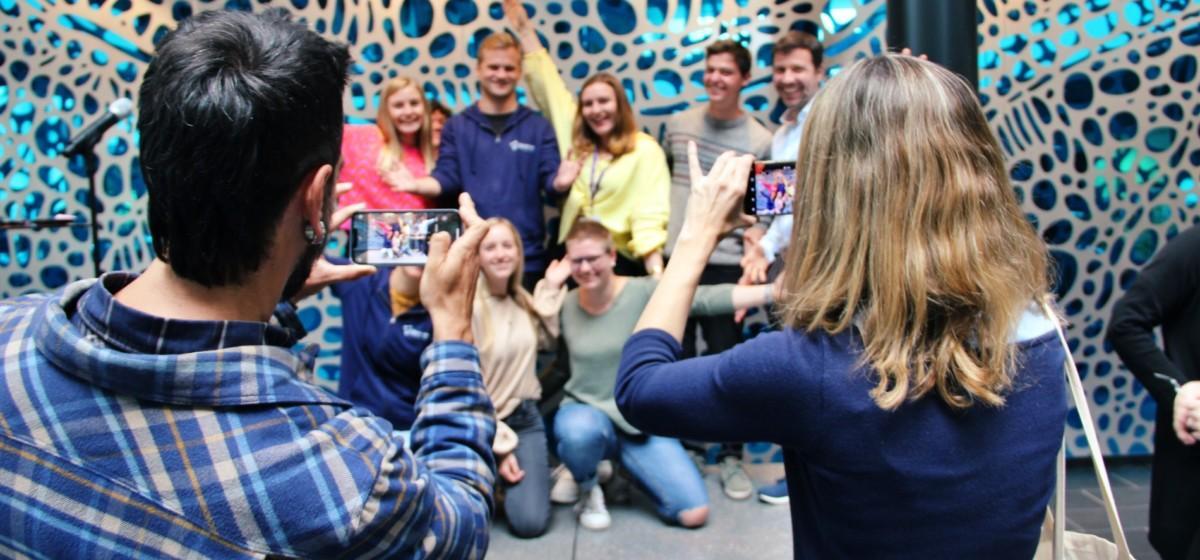
Citizens' city
Students from six European universities solved urban challenges in Helsinki
Published:
The students already began at the end of April with an online kick-off meeting to meet each other and prepare everyone for the camp in Helsinki.
Haaga-Helia University of Applied Sciences and its Pasila campus hosted both the entre camp and the parallel Ulysseus Summit, an event attended by academic representatives and staff members from the partner universities of the Ulysseus alliance. The students participating in the camp had the opportunity to meet the Ulysseus team and hear ideas and proposals to solve the challenges of their training.
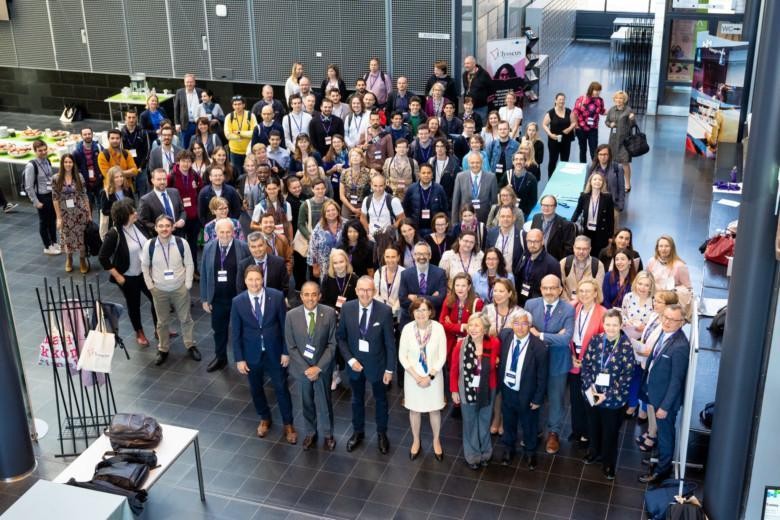
One of the students in the camp was Anh from the University of Côte d’Azur. One of the reasons for Anh to join was the diversity of the camp:
– I’ve always been curious about entrepreneurship but also about different cultures and study backgrounds. I thought this would be the best place for me to discover new ideas and mindsets.
The participants in the camp study engineering, economics and social studies at the master’s level. The collaborative nature of the camp allowed students to break out of their bubbles and experience something new from others.
Challenge-based learning methodology
The Helsinki-Uusimaa Regional Council presented the students with three challenges related to regional development and the region’s carbon neutrality goals for 2030.
The challenges:
- Creating climate-friendly mobility services for the post-covid urban areas
- Sharing economy – how can it be organised in the urban areas?
- Sustainability as a lifestyle – how do we promote, develop and activate citizens in achieving the carbon neutrality goals?
Ulysseus Entre Camp applied a design thinking process and methods together with the challenge-based learning method. The camp sessions were structured in two ways to improve the learning techniques: the students worked in teams and listened to talks run by experts. During the week the students also visited Maria 01 start-up campus and Haaga-Helia’s campus in Porvoo.
The camp featured physical mobility elements. The students had the chance to experience the beautiful summer in Helsinki as the teams explored the city and interviewed people. It was important to listen to the people as the challenges were directly related to people’s everyday lives. And to the students’ surprise, Finns weren’t so shy after all!
Exciting ideas to solve urban challenges
The six student groups presented their solutions to diverse urban challenges on the last day of the camp.
Franziska, a student from the MCI – The Entrepreneurial School in Innsbruck, worked in a group that created a sustainable way of moving in Helsinki.
– We thought about different ideas and brainstormed. In the end, we focused on one main idea: we wanted to create a bicycle underground tunnel system in the city.
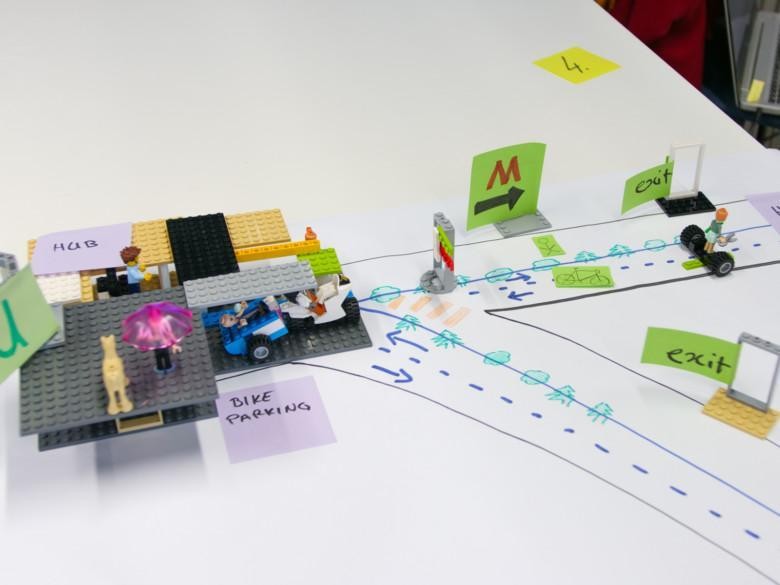
Helsinki is world famous for its underground spaces and tunnels. The city currently has some 400 separate facilities and tunnels – the deepest being around 100 meters.
– We wanted to just test if it would work that people “go underground”. Bikes, e-scooters and pedestrians would use the pre-existing tunnels to move around. It’s safe for the people, it’s fast and it’s a quick way to move around.
The students got to experience the warm summer weather in Helsinki, but many knew that stepping out into the cold of Finnish winter is like walking into a freezer.
– The tunnel system for urban mobility is also weather independent. So, you don’t have to worry about ice or rain during the seasons!
Other solutions included an app that makes it easy for locals to find recycling bins, public transport options and sustainable restaurants on the map. By making sustainable decisions the app would then reward the user with free public transportation tickets and vouchers for local service providers.
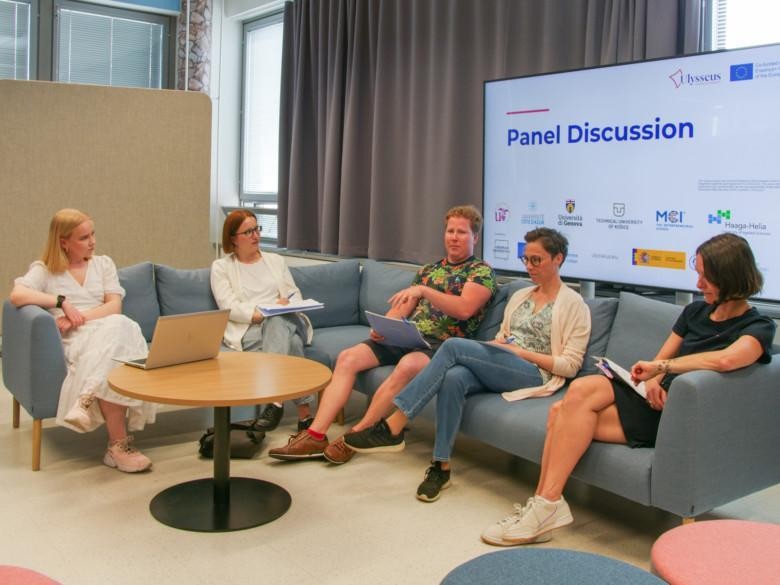
A panel consisting of mobility and circular economy experts gave their opinions on the presentations. The experts shared their knowledge on the present applications and plans in Helsinki but also ways how the students’ solutions could be implemented in the city.
One of the expert panelists, senior adviser Venla Virkamäki from the Helsinki-Uusimaa Regional Council was impressed with the students’ presentations.
– We gave the students challenges that were difficult as they deal with individuals’ personal consumption choices. The business models such as the ones presented by the students, where a product or service produces less greenhouse gas emissions, can aid to overcome barriers toward carbon neutrality.
Transportation accounts for over third of the total CO2 emissions in the region. The topic of sustainable urban mobility was a popular choice for the students.
– In the transport sector, a rapid transformation is needed to achieve the climate targets. At the same time, transport has been one of the sectors hit hardest by COVID-19.
More than just studying
On top of the study sessions and group work, the students experienced the Finnish favourite pastime: sauna, swimming and the lake. The group spent the last evening in the picturesque Nuuksio National Park in Espoo, one hour drive from Haaga-Helia’s Pasila Campus.
The camp provided a great opportunity for students to meet like-minded students from all over Europe.
– The best part of the camp was about meeting new people and socialising and getting to know different cultures, says Franziska.
– The camp was a great opportunity to network with other students, Anh adds.
The camp concluded in July with portfolio presentations that summarised all the activities and learnings made during the camp.
What is Ulysseus European University?
Ulysseus is one of the 41 European Universities selected by the European Commission to become the universities of the future. The university consists of six partner universities:
- University of Seville, Spain
- University of Genoa, Italy
- University of Côte D’Azur, France
- Technical University of Kosice, Slovakia
- MCI | Management Center Innsbruck, Austria
- Haaga-Helia University of Applied Sciences, Finland
The project allows students, researchers and graduates to move freely between universities, conduct internships in companies and start high-impact research projects.
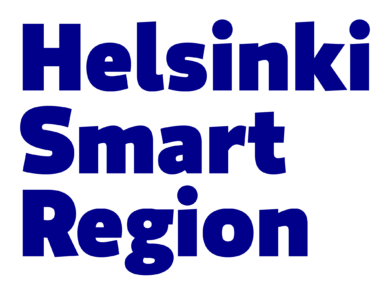






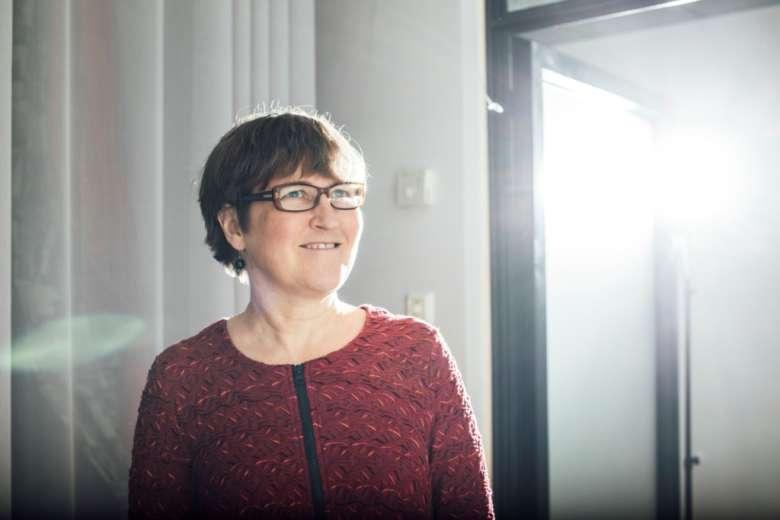
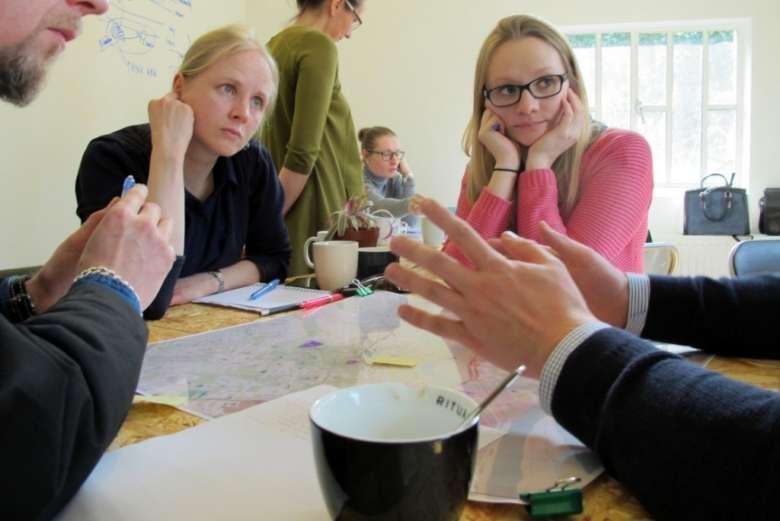
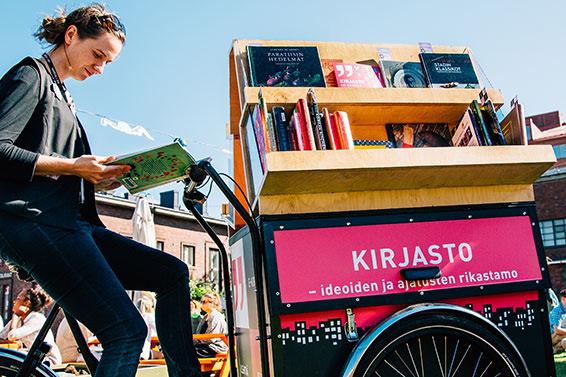
 Return to listing
Return to listing